Cultural Heritage Management: Significance in Development Planning
Anthropological studies on ‘Cultural Heritage’, as component of ‘Cultural Traits’ could be seen in many ethnographic accounts on various ethnic groups in India. However, a study on the inherent social mechanisms that work towards managing persistence of ‘Cultural Heritage’ in an ethnic group or more than one such group is rare in Indian context. Such a study on ‘Cultural Heritage Management’ in the context of an upcoming mining industry perhaps has no precedence in our country.
The book “Cultural Heritage Management: Significance in Development Planning” aims at unveiling the social/cultural mechanisms those are interwoven in the societies, living in 15 villages in Bunder area of Buxwaha tehsil of Madhya Pradesh. Besides depicting detailed mechanisms of management in respect of ‘Tangible and Intangible Cultural Heritages’ the book provides an in-depth account of spatial distribution of deities, shrines, rock arts through Geographical Positioning System (GPS).
An assessment of likely impacts of the proposed mining industry on these ‘Cultural Heritages’ of the societies inhabiting within 10 km radius of the mine has enhanced relevance of this book in the arena of ‘Applied Anthropology’.
Get it now and save 10%
BECOME A MEMBER

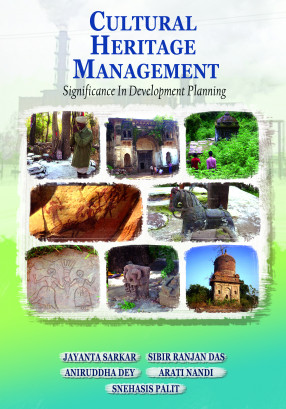
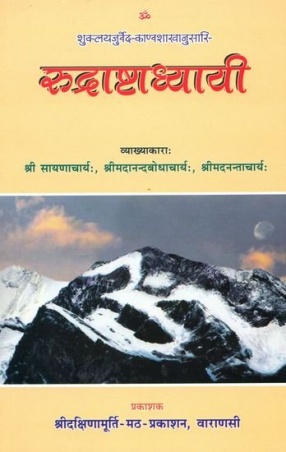
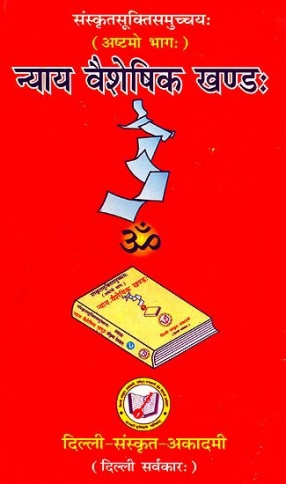

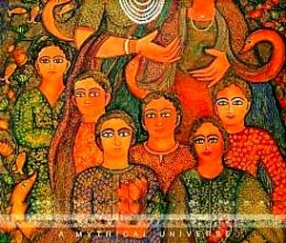

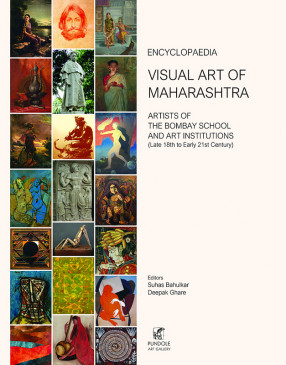

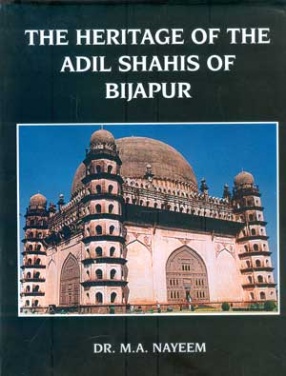

Bibliographic information
Sibir Ranjan Das
Aniruddha Dey
Ors.